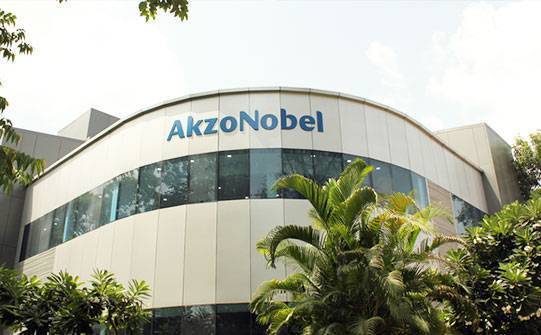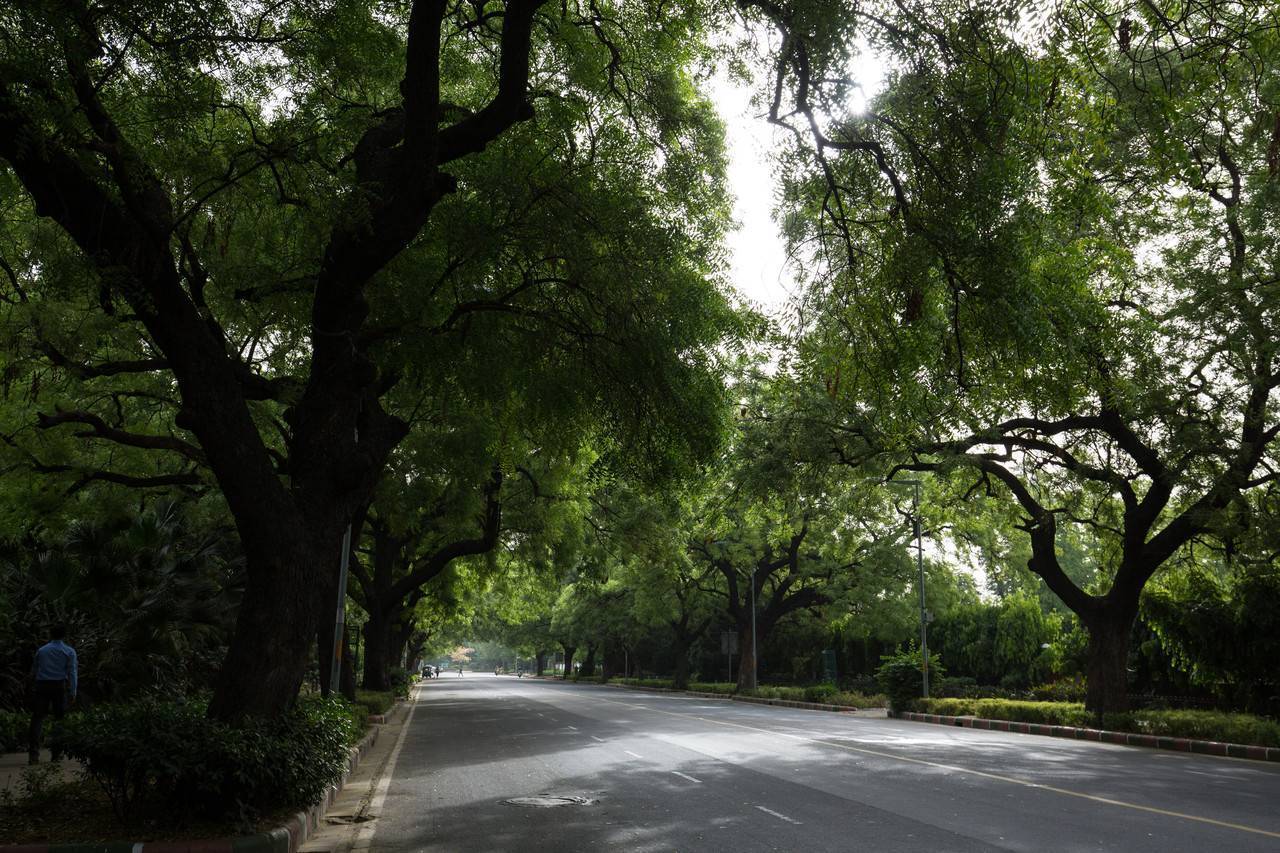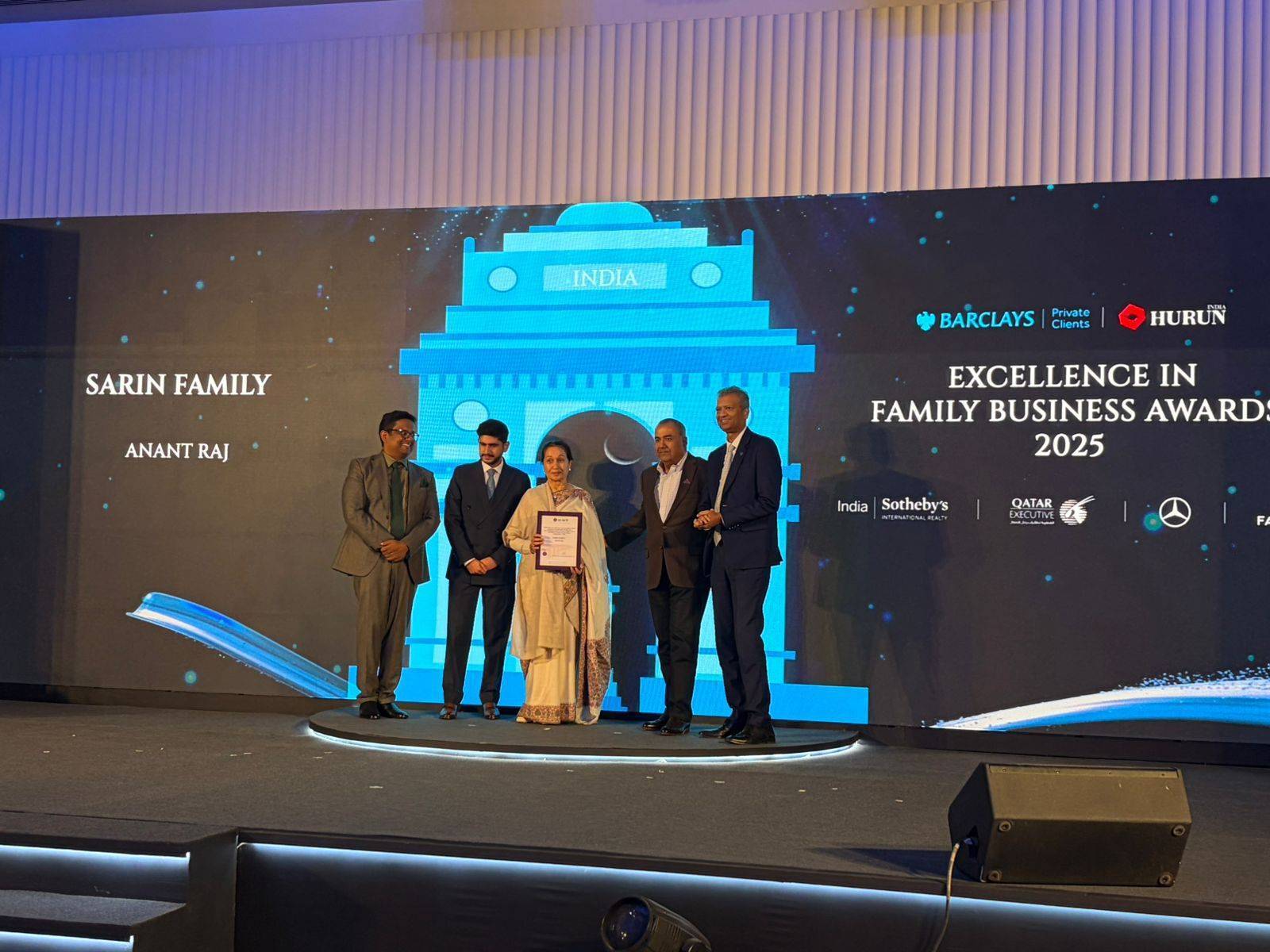AkzoNobel India, the company behind the Dulux brand, has announced its board’s decision to sell non-productive properties. These properties, identified as having limited or no use for its business operations, will be monetized through a structured sale process. The company plans to disclose further details to the stock exchanges as agreements are finalized. This move is part of a broader strategy to optimize resources and streamline operations.
On November 22, AkzoNobel India’s shares closed at ₹3,640 on the Bombay Stock Exchange, reflecting a slight increase of 0.24%. The company’s market capitalization now stands at ₹16,577 crore.
In addition to this announcement, the company made changes to its board. Anil Chaudhry has been appointed as an independent director for three years, pending shareholder approval through a postal ballot. Meanwhile, independent Director Smriti Rekha Vijay resigned due to health challenges.
These developments come as AkzoNobel NV, the Dutch parent company of AkzoNobel India, evaluates its approach in the Indian decorative paints sector. The company recently hinted at possible collaborations or partnerships with market leaders. This follows comments made during an earnings call in October, where AkzoNobel highlighted India’s market as a space with significant consolidation potential.
AkzoNobel NV has begun a strategic review of its global portfolio. The focus of this review is to redirect resources to its core coatings business. This evaluation includes exploring options like partnerships, mergers, or divestments in various markets. India, with its fast-growing decorative paints industry, is central to these considerations.
The Indian market has seen increasing competition. Established players like Asian Paints and Berger Paints dominate the sector, with Grasim Industries also entering the space. AkzoNobel NV noted that Grasim’s entry, leveraging its expertise in other industries, has added competitive pressure. Despite these challenges, the Dulux brand, operated by AkzoNobel India, has maintained its position as a key player in the premium segment.
Dulux holds a market share of about 5% in India, significantly smaller than leaders like Asian Paints. However, its focus on premium products, such as high-quality emulsions and wall coatings, has allowed it to cater to a specific segment of the market. The brand’s legacy of nearly seven decades in India gives it a foundation to build upon as it navigates the evolving industry dynamics.
During the October earnings call, AkzoNobel’s CEO emphasized the importance of engaging with market players to explore opportunities in India. He described the sector as undergoing shifts that require companies to reevaluate their strategies. The company has expressed interest in potential partnerships or collaborations that could enhance its presence in the country.
The decorative paints market in India is one of the fastest-growing segments in the region. Asian Paints continues to lead with a strong distribution network and product range. Berger Paints has also maintained growth, supported by its diverse offerings. Grasim Industries, entering from the cement sector, adds another layer of competition, challenging existing players to innovate and expand their market share.
AkzoNobel India’s decision to sell non-productive properties aligns with its parent company’s global strategy. By focusing on core strengths and optimizing its asset portfolio, the company aims to strengthen its financial position and operational efficiency.
Image source- akzonobel.co.in









.png)